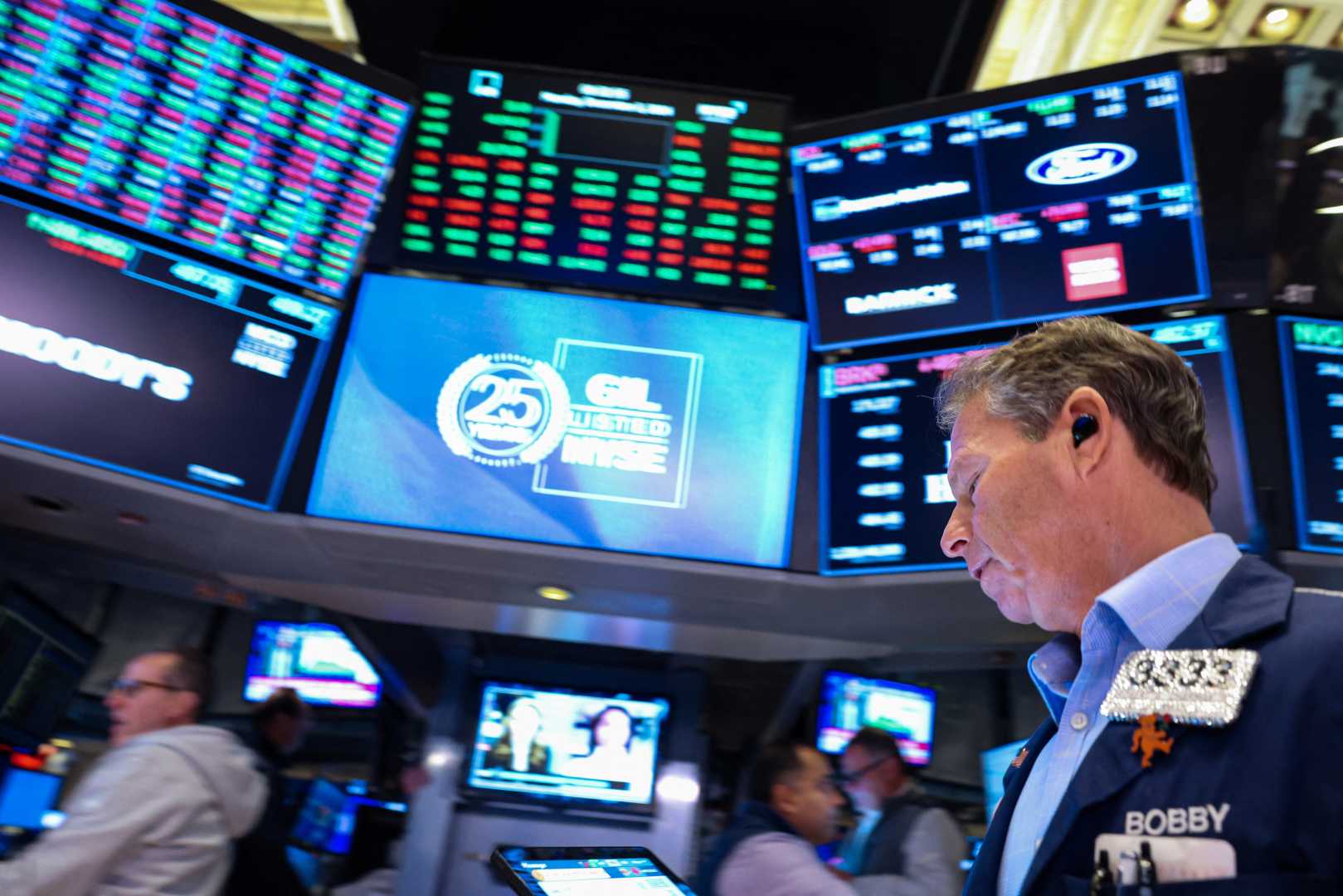Business
Global Markets Brace for Turmoil as U.S. Imposes Sweeping Tariffs

NEW YORK (AP) — Global markets faced heightened uncertainty on Monday after the U.S. administration announced sweeping tariffs on imports from Canada, Mexico, and China, sparking fears of economic disruption and renewed inflation. The tariffs, set to take effect Tuesday, have prompted immediate retaliation threats from the affected nations, raising concerns about a potential trade war.
U.S. President Donald Trump signed an executive order imposing a 25% tariff on most imports from Canada and Mexico and a 10% tariff on Chinese goods. The move has drawn sharp criticism from trading partners, with Canada announcing retaliatory tariffs on $155 billion worth of U.S. goods, including $30 billion set to take effect immediately. Mexico’s President Claudia Sheinbaum vowed to respond with “counter measures,” while China also pledged to retaliate.
“It’s negative for the Canadian dollar, Mexican peso, and Chinese yuan, as well as overall market risk,” said Nick Twidale, chief market analyst at ATFX Global in Sydney. The Canadian dollar hit a five-year low, while the Mexican peso weakened significantly. The offshore yuan also touched a record low against the U.S. dollar.
Analysts warn that the tariffs could disrupt global supply chains, increase consumer prices, and weigh on corporate profits. Goldman Sachs estimated that the tariffs could raise core inflation by 0.7% and reduce U.S. gross domestic product by 0.4%. “The market has been on Trump’s side until now, but this could change,” said Mark Malek, chief investment officer at Siebert Financial in New York.
The S&P 500, near all-time highs, could see a 3% to 5% swing in either direction, according to Evercore ISI strategists. Barclays analysts projected a 2.8% drag on S&P 500 earnings due to the tariffs and retaliatory measures. The executive order also allows Trump to escalate tariffs if affected countries retaliate, further complicating the outlook.
Investors are particularly concerned about the potential for renewed inflation, which could delay anticipated interest rate cuts by the Federal Reserve. “The window for the Fed to resume cutting rates just slammed shut,” said Paul Ashworth, chief North America economist at Capital Economics.
European markets also felt the impact, with the euro sliding more than 1% to a two-year low. European Central Bank policymaker Klaas Knot warned that the tariffs could lead to higher U.S. interest rates, further weakening the euro.
As markets brace for volatility, the White House has yet to provide full details of the tariff plan, leaving questions about its duration and scope. Some analysts remain hopeful that last-minute negotiations could delay or avert the tariffs altogether, but the uncertainty has already rattled global markets.












